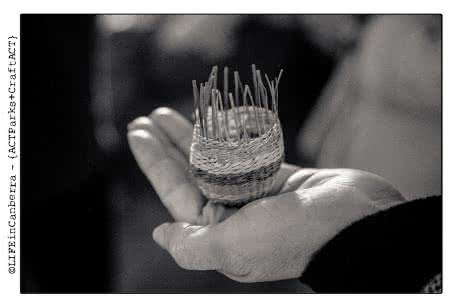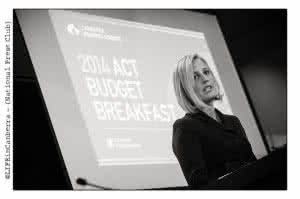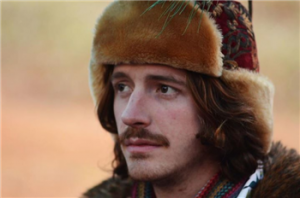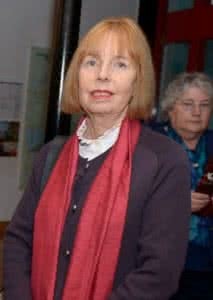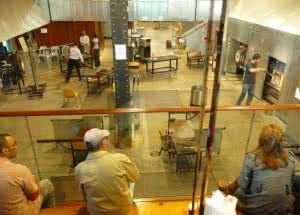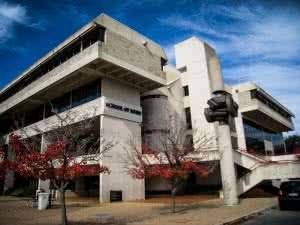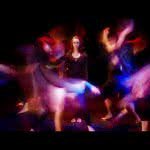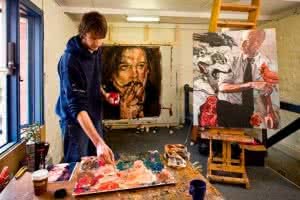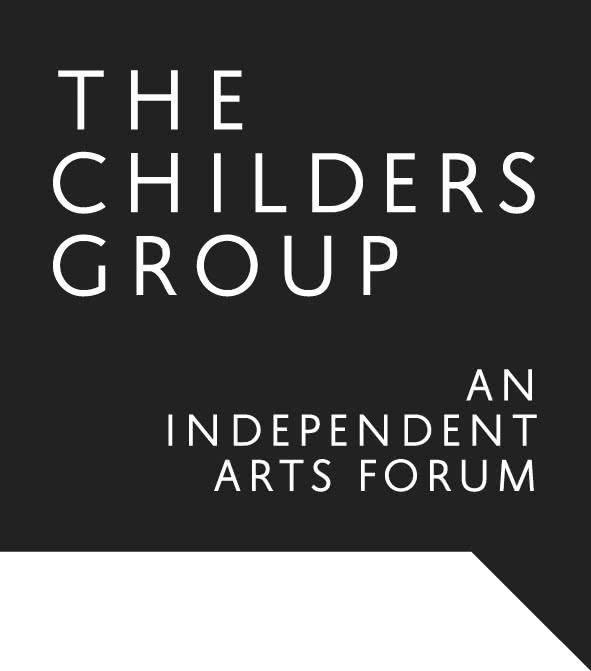10 October 2014
ACT Budget Consultation
Treasury Directorate
ACT Government
GPO Box 158
CANBERRA ACT 2601
THE CHILDERS GROUP: ACT BUDGET SUBMISSION 2015-16
The Childers Group welcomes the opportunity to provide input into the 2015-16 ACT Government Budget development process.
We are committed to advocating for the arts sector as we believe creativity and engagement in the arts are vital components of a healthy city. The ACT Budget is an opportunity to make adequate provision for the arts to flourish in our city. The Childers Group is an independent arts forum whose advocacy is based on the principles of:
- independence;
- objectivity;
- valuing the arts; and
- pride in Australia’s national capital city and the surrounding region.
The Childers Group is pleased to note the ACT Government’s continuing commitment to improving liveability and opportunity, better health and education outcomes and urban renewal. The funding and demonstrated commitment to a number of arts initiatives in the 2014/15 budget were welcomed by the Childers Group but, as we have made clear, we remain concerned about the capacities of the present level of arts funding to sustain a vibrant arts sector in the longer term.
Our submission focuses on the contribution the arts sector can play in:
- enhancing liveability and opportunity;
- 2. making Canberra healthy and smart.
Engagement and participation in the arts contribute to a healthy and smart city
Whatever form they take, the arts transform, chronicle and illuminate the world around us. The arts contribute to the quality of life in the ACT and are central to enhancing liveability and creating opportunities enlivening life in our community. The ACT enjoys a national reputation in terms of its participation in the arts. We should invest in that reputation. Similarly, we lead the nation in attendance at cultural events. The ACT Government can – and should – build on that.
Canberra is experiencing the maturation of a wide range of arts activity with a rich and exciting array of arts events and programs. These activities challenge our perceptions, inspire confidence, and create cohesion in our community. Professional arts activity across a broad range of art forms and community engagement in the arts are indicators of a healthy and smart life-style in a very liveable Canberra.
There is ample evidence, both in terms of qualitative and quantitative data, in particular from the UK, indicating a high return in terms of community well-being, on government investment in the arts and arts infrastructure.
In addition to the benefits to our immediate community, the arts represent a major attraction for tourists and visitors to Canberra and the surrounding region. The region offers considerable choice by way of galleries, craft outlets, theatres, the national cultural institutions and significant local facilities such as the Canberra Glassworks. Our city has become an attractive destination in terms of our cultural facilities and the lifestyle attractions, e.g. a lively arts and cultural events calendar, excellent wineries and great restaurants. In order for our arts and cultural sector to build on its capacity to serve both its local community and develop the visitor economy, high-quality programming and professional personnel are essential.
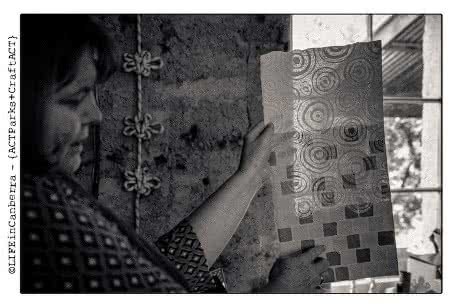 RECOMMENDATION 1: Ensure the continuing viability of our Key Arts Organisations and arts facilities.
RECOMMENDATION 1: Ensure the continuing viability of our Key Arts Organisations and arts facilities.
The Childers Group strongly urges the ACT Government to ensure enhanced funding for ACT Key Arts organisations and arts infrastructure with CPI+ increases granted on an annual basis. The Childers Group is concerned to note the continuing pressure on Key Arts Organisations in particular, the diminishing capacity to attract – and then retain – professional staff to the ACT. This remains a critical issue as increased costs associated with programming and salaries, along with the pressure to contain operational overheads, results in arts organisations unable to offer financial incentives and professional development opportunities to valued staff members. Fair payment of ACT arts workers’ salaries commensurate with their skills and experience will ensure that the National Capital attracts qualified people with the necessary expertise to manage Canberra’s arts and cultural services. It will also ensure the efficient and sound management of the ACT’s key arts facilities.
RECOMMENDATION 2: Ensure appropriate funding for the alignment of ACT arts sector salaries with those of the community sector.
The Childers Group recommends that the salaries of our professional arts managers are benchmarked with salaries in the Community Service sector and with arts personnel in other states and territories. There is no real benchmarking for arts-workers’ salaries, in particular for administrative/senior management personnel, other than information obtained through informal networks. The National Association for the Visual Artists can provide some guidance, but this is not cross–sectoral. We understand the Chief Minister, Treasurer and the Economic Development Directorate (CMTEDD) have commenced an audit of the economic impact of the arts sector on the ACT economy. This is an important initiative. The Childers Group would welcome further information being made available to the sector on the scope of the consultancy and the anticipated timeframe for completion.
Conclusion:
The Childers Group strongly urges the ACT Government to consider increased investment in the arts budget. Our city is internationally recognised as one of the world’s most liveable cities and the Murrumbateman Yass Valley region is classified as one of the fastest growing in NSW. It is imperative that artists and highly skilled arts workers are attracted to come and stay here and continue to nurture the creative engagement within our city and the wider community.
*
Information about the images used in this post:
Presented by Craft ACT: Craft + Design Centre in partnership with ACT Parks and Conservation Service, the Gudgenby Ready-Cut Cottage Artist-in-Residencies Program in the Namadgi National Park delivers individual residencies, a forum, workshops, artist talks, open days and a group exhibition.
Images courtesy of Andrew Sikorski.

